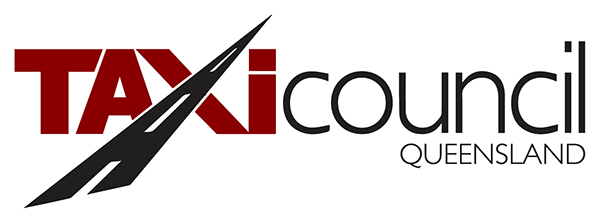Media release
August 3, 2021
The Taxi Council of Queensland (TCQ) has welcomed the decision by the Motor Accident Insurance Commission (MAIC) to fix anomalies in Queensland’s Compulsory Third Party (CTP) scheme that have seen taxi operators paying up to $4,000 more per vehicle than their counterparts in the rest of the personalised transport sector.
Under reforms announced by MAIC:
-
- from 1 October 2021, the “base insurer premium” that forms the substantive part of the total CTP insurance premium will be equalised for taxi sedans and wagons (Class 3), rental cars (Class 4), and booked hire vehicles (Class 26); and
- from 1 July 2022, all other components of the total CTP insurance premium will be equalised for taxis, rentals and booked hire vehicles.
Currently, an ordinary Queensland cabbie (Class 3) pays 230% more each year in CTP than a full-time rideshare driver driving their own vehicle (Class 26) and that rideshare driver pay 45% more each year in CTP than someone renting a vehicle to provide a rideshare service (Class 4). MAIC’s reforms will mean everyone using a car to transport passengers in the personalised transport sector will pay the same CTP premium from 1 July 2022.
TCQ campaigned long and loud for anomalies in the CTP scheme to be fixed and so the industry peak body welcomes that they are finally going to be fixed.
“We have seen taxi businesses, many of which are small family-owned businesses, driven into financial difficulty and even bankruptcy, by excessive costs that their competitors escape through loopholes or special exemptions. Class 3 CTP premiums are not the only example of egregious costs being born by mum and dad taxi operators, but they are the biggest one and the one that most needed fixing,” says TCQ CEO, Blair Davies.
“We hear a lot from Governments around the country saying they want to get their economies growing again and acknowledging they need to support local businesses, especially small businesses, to make that happen. This decision by MAIC to equalise CTP premiums within the personalised transport sector shows the Queensland Government is moving past the rhetoric and taking real action. It’s going to be a great result for Queensland cabbies from 1 July 2022, and the changes from 1 October 2021 will be an important step on the journey,” Mr Davies continues.
Within the personalised transport sector, taxis are usually categorised as the essential service. During times of natural disaster or crisis, such as cyclones, floods and bushfires, taxis are typically the last vehicles on the road before conditions become unsafe and some of the first vehicles back on the road helping with the recovery. Mr Davies says this commitment to support and service their local communities has again been on show over the past eighteen months of the COVID-19 pandemic, even when travel and gathering restrictions made it difficult and uneconomic for taxis to be operating Queensland cabbies have been out on the road every day.
“Queensland taxis remained on the road throughout the pandemic because that’s who we are and what we do. Cabbies are members of their communities and committed to providing them with essential travel services when they need them. Being local small businesses is really what makes us different to rideshare companies and, quite frankly, we’re proud about being local and different,” says Mr Davies.
“The Queensland CTP scheme has been unfairly disadvantaging local small business taxi operators for years and the decision by MAIC is going to bring that to an end. It’s a victory for common sense, fairness, and TCQ persistence in standing up for Queensland cabbies” says Mr Davies
ENDS
